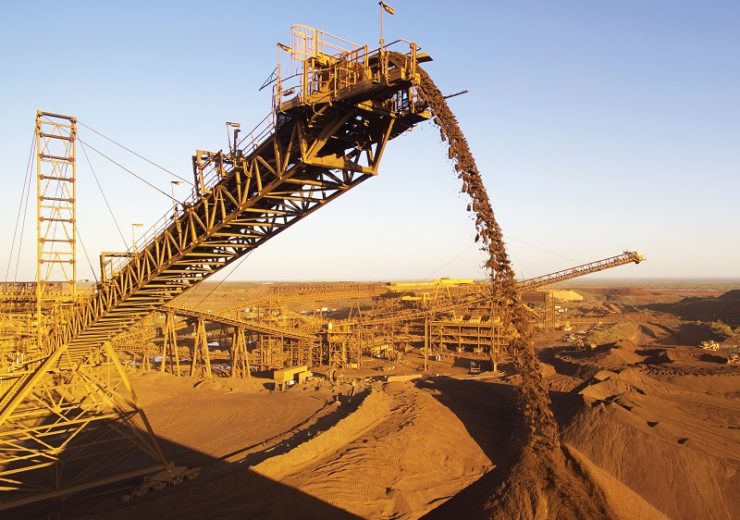by Angela Chen
In a world of buzzwords, ESG…
What does it mean for a company where __ is embedded into the company itself?
- Intro to SDGs
- Examples of a business that has tried to follow
- But hasn’t fully achieved this…
- Still progress; sustainable is a journey, not an end goal
ESG, carbon footprint and investing “for good”. These are just a select few buzzwords that have infiltrated company annual reports and media articles in recent years. But in a COVID-fraught world, one in which environmental, social and governance issues are playing a growing role in corporate strategy, is the spotlight on sustainability here to stay?
In 2015, the United Nations developed the Sustainable Development Goals (SDGs) with the intention of achieving tangible outcomes toward social, economic and environmental sustainability by 2030. But what do the application of these goals look like in a business context? And is it possible for a company whose business model fundamentally contradicts the essence of sustainability to achieve these goals?
 |
| Source: NS Energy |
At first glance, the Australian iron ore producer Fortescue Metals Group (ASX: FMG) negatively aligns with SDG13 (climate action) due to heavy emissions and resource use. SDG12 was also seemingly breached by failing to uphold responsible consumption and production. In February 2021, a heritage incident occurred where clearing of the Weelumurra Creek Aboriginal site commenced without approval from Native Title Partners, the Wintawari Guruma Aboriginal Corporation (WGAC).
However, FMG has achieved SDG targets in alternative areas. FMG’s endeavour for the sustainability dream materialises most prominently in SDG9 (infrastructure and innovation) and SDG11 (sustainable cities). FMG has committed to donating 10% of profit to Fortescue Future Industries (FFI), a subsidiary conducting research into ammonia transport and hydrogen power.
Whilst FMG still has a long way to go to achieve their ESG targets and align with the goalposts set by the UN, it is encouraging to see companies such as FMG taking a step in the right direction. As FMG has illustrated, businesses can never truly be sustainable; it involves a continuous process of reviewing and redefining what it means to be sustainable in an evolving world.

No comments:
Post a Comment